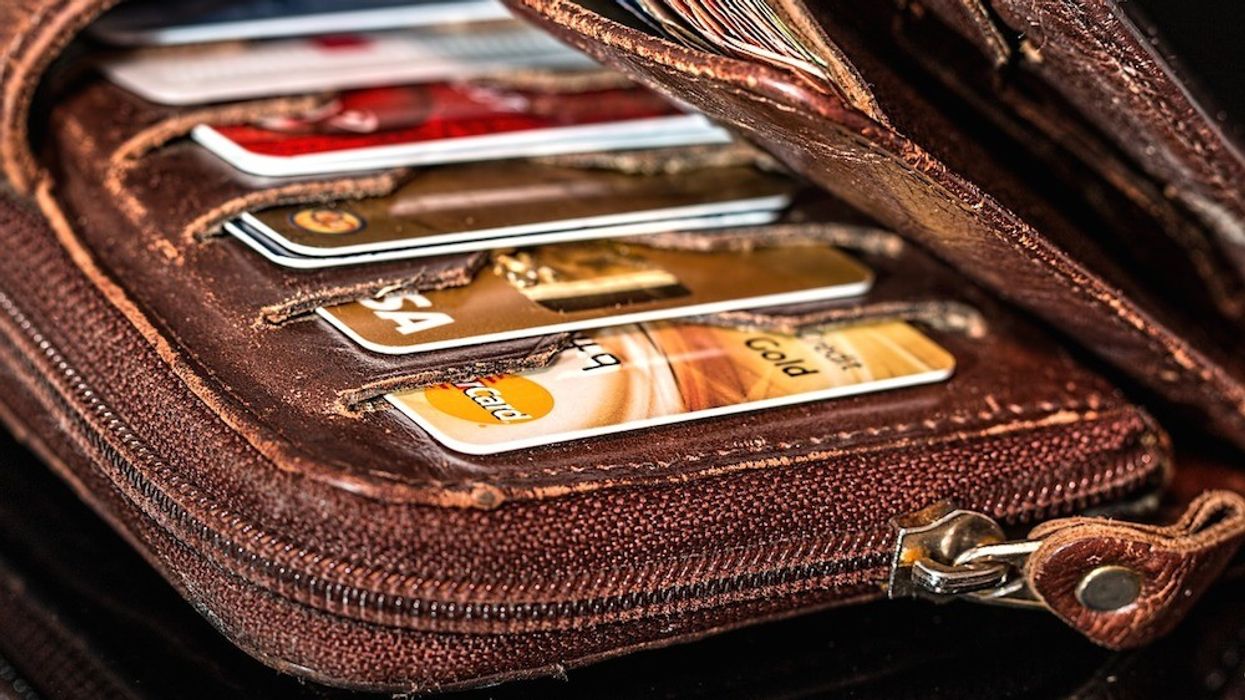Inflation woes are top of mind for Canadians.
Last week, Statistics Canada (StatCan) revealed that Canada’s inflation rate had hit a staggering 7.7% -- a figure higher than the 7.4% predicted by the country’s top economists. The country’s inflation rate is now the highest it’s been since January 1983.
And Canadians are understandably starting to get worried.
According to new research highlighted by Bloomberg, Canadian consumer confidence levels have fallen to near crisis-era lows. The Bloomberg Nanos Canadian Confidence Index, a measure of sentiment based on weekly polling, declined for a ninth straight week. This marks the lowest reading ever outside of the last two economic crises.
Each week, Nanos Research surveys 250 Canadians to gauge their views on personal finances, job security, the economy, and real estate prices, and Bloomberg publishes the four week rolling average of the responses.
The gauge fell to 48.3 last week, marking the lowest drop since July 2020. The index has only fallen below 50 in times of widespread panic: during the height of the pandemic panic in 2020 and during the financial crisis and recession of 2008 and 2009.

The recent drop is telling, though not entirely surprising. With rising costs of groceries, gas, rents, and interest rates -- coupled with housing costs that are much higher than they were pre-pandemic -- it’s no wonder than Canadian households are beginning to feel the financial pressure of the current climate.
According to Bloomberg, 42% of Canadians say that their finances are worse today than a year prior -- a near record high for this question. Furthermore, about 57% of Canadians expect the economy to weaken over the next six months, the highest number on record aside from the first year of the pandemic.
As Bloomberg highlights, the drop in confidence comes even as job security remains elevated. Only 9% of Canadians reported worrying about losing their job and the country's unemployment rate is currently at a record low. Furthermore, there has been no sign of a notable slowdown in activity. Despite the uncertainty, Canadians are still dropping dollars (perhaps in an effort to make up for lost time); retail spending is still growing at a strong pace.
The reality, however, is that there is a growing concern among Canadians about the rising cost of buying the basics. With the ongoing invasion of Ukraine and its ripple effects, the costs of filling up the tank or a shopping cart aren’t going to significantly drop in the near future. Furthermore, the Bank of Canada has hinted that more interest rate hikes are in store.
The silver lining for the country’s first-time homebuyers is that the country’s home prices have finally softened in recent months following a red-hot and often record-breaking run that began not long after the onset of the pandemic over two years ago. Now, 29% of Canadians polled say they expect home prices to continue to fall over the next six months -- a figure that’s up from 10% in just a little over one month.
While home prices may be dropping, however, that doesn't mean it's any easier for Canadians to enter the housing market, thanks to the current interest rate situation that makes it difficult to both qualify for and carry a mortgage.





















